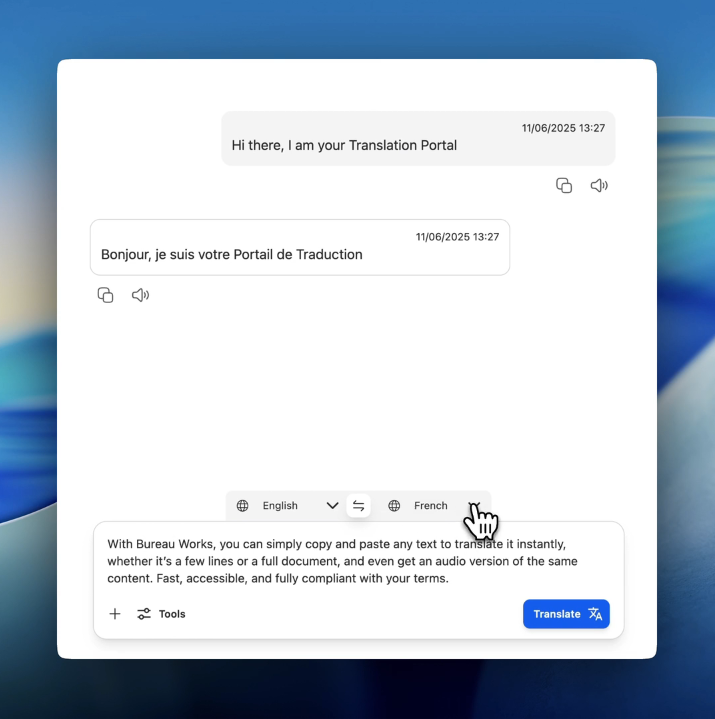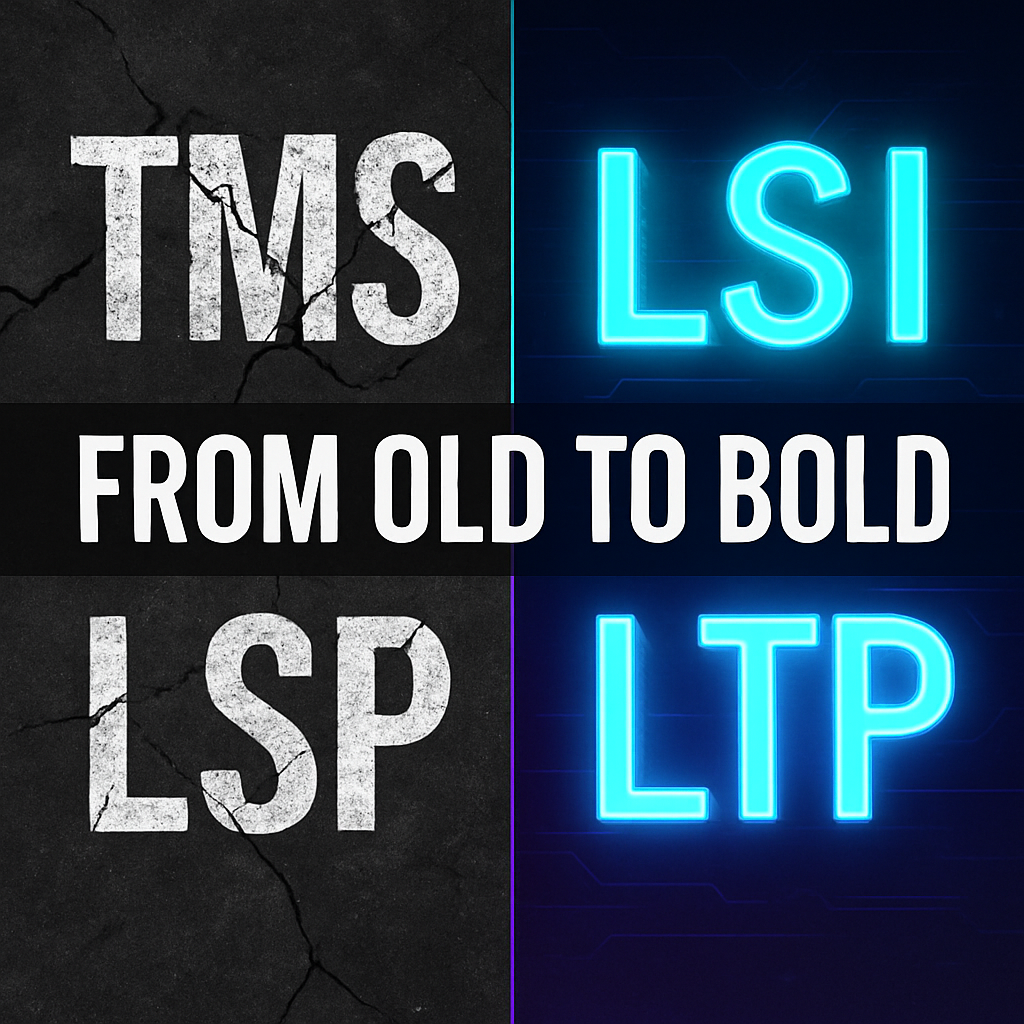What Is Glocalization? Understanding the Terminology of Global Content
Let’s be honest. Alongside words like globalization, internationalization, and the ever-abbreviated l10n, “glocalization” sounds like yet another mashup term made up by money-hungry marketers.The truth is actually far more interesting.Due to its surprisingly deep history, “glocalization” may be the sole grandfather of all the other fabricated labels floating about in the localization industry today. This circa-1980s term defines a new way of thinking about global business. Companies of all sizes are still working to adopt a more “glocal” (global+local) mindset today.Now that localization services are becoming more ubiquitous (and more necessary), quick-moving startups are wondering: What is glocalization? What is internationalization? And how do these terms work together to define the complex process of marketing a product to users around the globe?We’ll start by answering question number one:
What Is Glocalization?
“Glocalization” is a business buzzword that exploded in popularity in 1980s Japan. Originally derived from dochakuka, a Japanese word typically used to describe the localization of universal farming techniques, the word “glocalization” was hijacked by the business sector and later adopted by social scientists in the English-speaking world. Today, professionals use this term in reference to community organizing, education, and business strategy.“Glocalization” is a term that means, quite literally, the combination of global and local considerations. The paradox between particularism and universalism. The yin and yang of a successful global marketing strategy.A glocalization mindset might drive a company to “think globally and act locally” in ways that go beyond social justice or environmental impact. Glocalization inspires changes in every stage of the business life cycle. From product conception to development, implementation, and assessment, the glocal mindset calls us to reject the standard “one size fits all” paradigm of globalization. Most startups spend their entire beginning stages thinking locally, but the glocal attitude suggests taking a more balanced approach to growth.
Glocalization vs. Other Similar Terms
At this point, we should make distinctions between a few localization industry terms that sound oddly similar. If you’re managing marketing efforts in a startup that’s going global, you’ve probably encountered the following terms in your search for international content services:
Translation
Simple. Taking words in one language and translating them into another. This process can be done through machine translation (as with an automatic translation tool like Google Translate) or through human linguists who are paid by the word. All types of language service providers (LSPs), including localization companies, offer translation as a base service.
Transcreation
A mashup term for translation that involves significant content changes in order to make the text culturally appropriate for the target market. For instance, choosing a completely different word for the Chevy Nova when it’s being sold in Mexico because the original term, nova, has unfortunately ironic connotations in Spanish. Transcreation has largely given way to full-scale localization services in recent years. When people are seeking transcreation, they’re often actually just looking for higher-quality, culturally-adaptive translation—and that’s exactly what the best localization services today are offering.
Internationalization
The technical process of engineering software to function in other countries. For instance, coding all text boxes to expand to fit, making it possible for your UI to accommodate languages which expand beyond the typical character counts of English (like German or Polish). Some apps are designed with internationalization in mind from the very beginning, but may will require this kind of retrofitting. It’s wise to work on internationalization before investing in software translation services, so you won’t end up needing to re-translate content due to technological issues down the line.
Localization
Translating content in a way that incorporates all the cultural and technological concerns of the above terms. Full-scale content localization services offer high-quality human translation in addition to back-end services that make internationalization easier and continuous localization a possibility. With an automated localization platform, your company can submit strings of content through fully-customized CLI or API integrations, have them translated, and enter them back into the live environment automatically. Localization is an end-to-end solution for companies looking to take their product, website, app, or multimedia content to international audiences.Glocalization is the ideological framework that precedes all of the terms outlined above. A globally-oriented business that also invests in localized content and specialized initiatives for target markets is acting out the principle of glocalization in real time. Localization is the process that facilitates this glocal mindset.
Glocalization Applied to Your Company
No matter where your company is in the process of going global, it’s never too late to start seeing things through the framework of glocalization. Where do you see your company in the following stages? You can pursue the simultaneous duality of local vs global at any stage and see significant long-term results:
Development
When developing your first concepts, dream big. Your initial customer may be a farmer’s market shopper in Madison, Wisconsin—but, ultimately, would your product be just as useful in Copenhagen? And would it be productive and profitable to consider that kind of expansion? Start thinking now about which elements of your product can be universalized and how you could differentiate other elements of your product for international markets.
Launch
Release a beta version of your app that’s already configured for proper internationalization. Prep your engineering team to test UI and UX in different countries, and note future improvements that need to be made. Start researching product translation services and learning about what it takes to bring content abroad.
Growth
While your product is booming in your native market, start doing global market research to identify your next target. First, consider markets where translation isn’t even necessary—Canada, England, or the Netherlands tend to be good choices for American startups. Start investing in international SEO or hire a knowledgeable localization partner to start translating content into one or two additional languages.
Expansion
Strategically launch in a few international markets, and perfect your localization process. Start planning to localize your multimedia, elearning, or support content. Take this opportunity to ensure that your localization software can scale and keep up with the demand when you move into 10+ additional markets in the coming years. And develop the crucial partnership with your localization company so you can continue to increase your global marketing ROI as your company goes global.Most startups don’t think about localization—or glocalization—until the “expansion” phase. They might not even realize they intend to take their product abroad until that point. But if you happen to come across this article while your company is still pre-launch—or if you’re needing to pick up some of the critical pieces you dropped along the way—hear this clarion call to start strategizing for global expansion now. By seeing your company as a global entity from the beginning, you’ll be well ahead of the game when it comes time to start claiming market share abroad.
Unlock the power of glocalization with our Translation Management System.
Unlock the power of
with our Translation Management System.



























